12 Foods That Cats Can't Eat
Advertisement
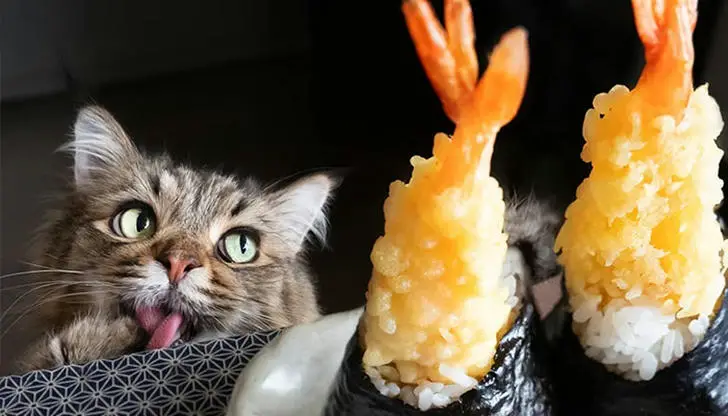
Although cats are not as greedy as dogs and wants to eat everything, they are still curious about many other things that look delicious, but it should be noted that some foods are poisonous to cats, and owners must be careful not to let them eat harmful food by mistake. So you should never feed your cat the following twelve foods.
1. Milk
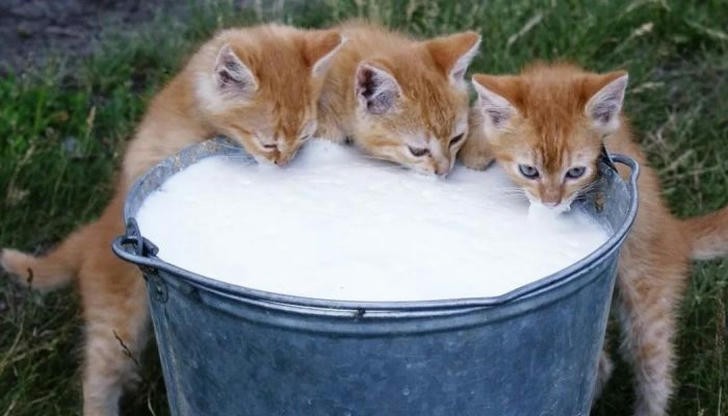
Cats have weak stomachs. Many cats are lactose intolerant, and drinking milk can easily cause vomiting and diarrhea. For the sake of the cat's health, don't feed it milk. If you feed too much, it will inevitably cause problems. Although cats can't drink milk, you can give them goat milk, which can also supply nutrition. You can also give cats pure yogurt, which can also promote gastrointestinal digestion.
2. Alcoholic beverages
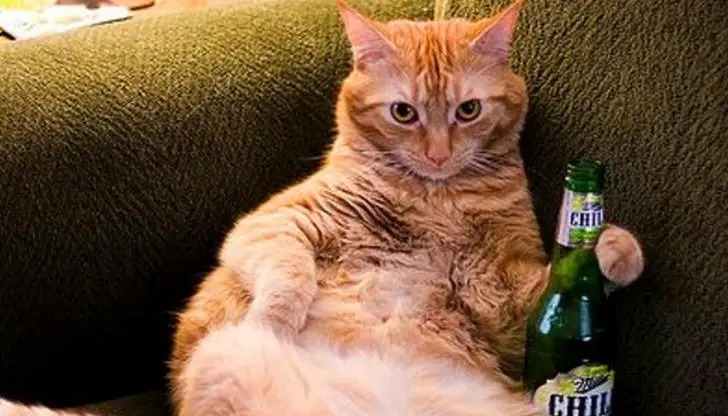
Beer, spirits, wine, and food containing alcohol are not good for your cat. Because alcohol can affect the liver and brain of cats, and just a little alcohol is enough to kill them. For example, 2 teaspoons of whiskey will stun a 5-pound cat, and if one more teaspoon is enough to kill it.
3. Coffee
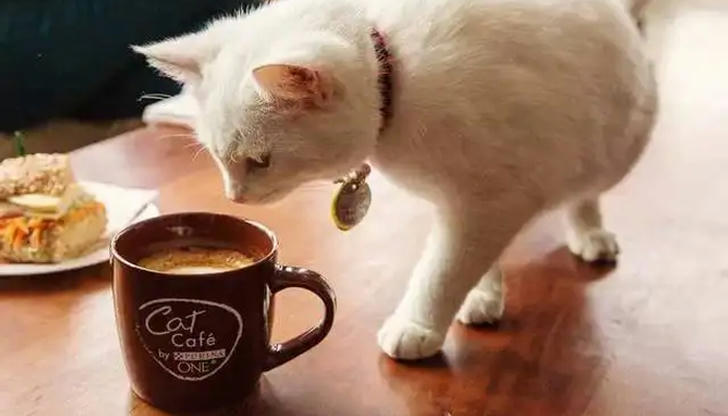
Large amounts of coffee can be deadly to your cat, and there is no antidote. Symptoms of caffeine poisoning include restlessness, shortness of breath, heart palpitations, muscle tremors, and cramps. Caffeine is generally found in tea and coffee, including coffee beans and coffee powder. Caffeine can also be found in cocoa powder, chocolate, cola, and some stimulant beverages, as well as some cold medicines and pain relievers.
4. Chocolate
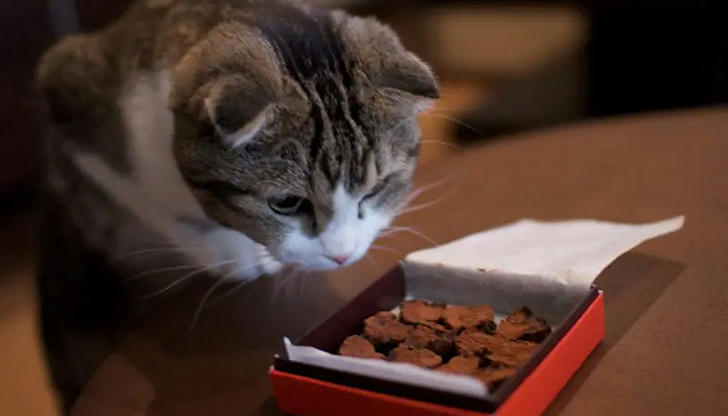
Chocolate can be fatal to cats. Although cats themselves will not eat these foods, sometimes owners will coax cats to eat chocolate, or others will give them to cats. The poisonous agent in chocolate is theobromine, which is included in all chocolates, such as white chocolate. The most dangerous is unsweetened and unbaked chocolate or dark chocolate. After eating, the cat will have abnormal heart rhythm and tremors, epilepsy, and death.
5. Sweets containing xylitol
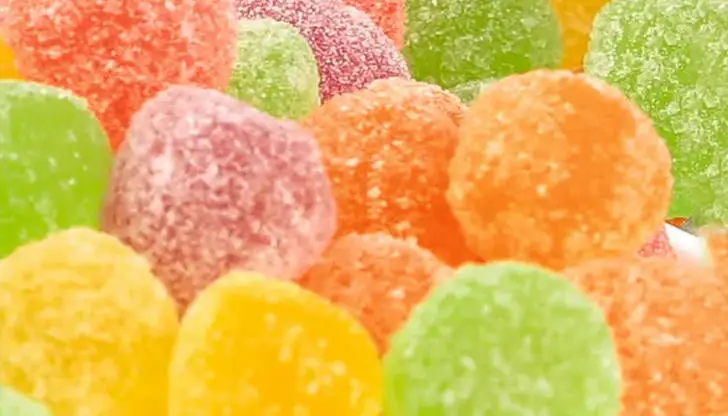
Xylitol causes increased insulin flow in the cat's body, which will lower the cat's blood sugar. Xylitol also damages the liver, with the main symptoms being vomiting and lethargy. Some cats also experience seizures after ingestion, and liver damage occurs within a few days.
6. Raw eggs
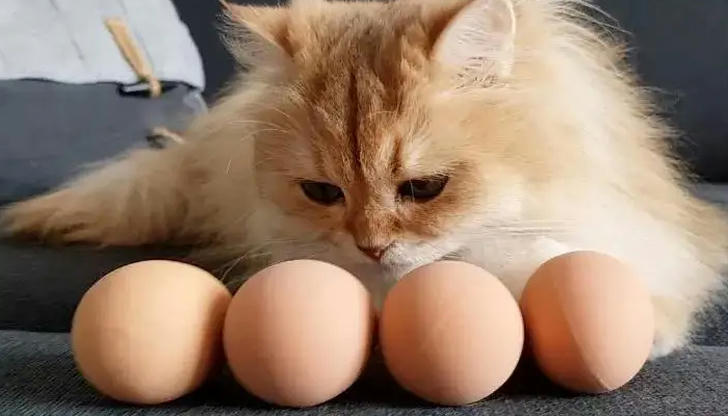
There are two problems with letting your cat eat raw eggs. The first is the Salmonella or E.coli which can poison them. The second is white protein, called avidin, which interferes with the absorption of the B vitamin biotin. This can lead to skin problems, as well as problems with the cat's fur.
7. Raw meat and fish
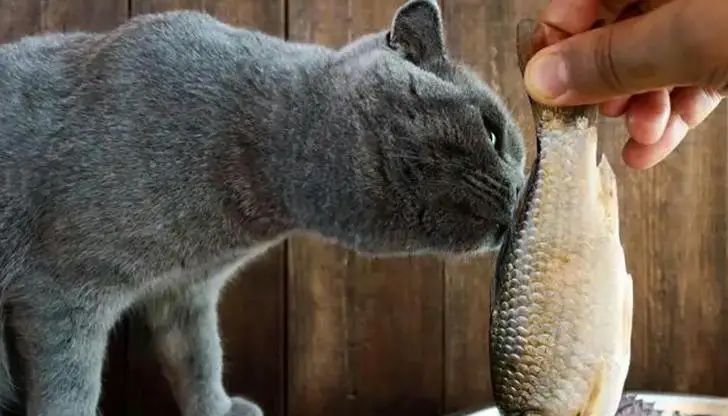
Raw meat and fish contain bacteria that can cause food poisoning. In addition, raw fish contains an enzyme that destroys thiamine, a B vitamin that is important for your cat. A deficiency of thiamine can cause serious neurological problems and lead to convulsions and coma.
8. Avocado
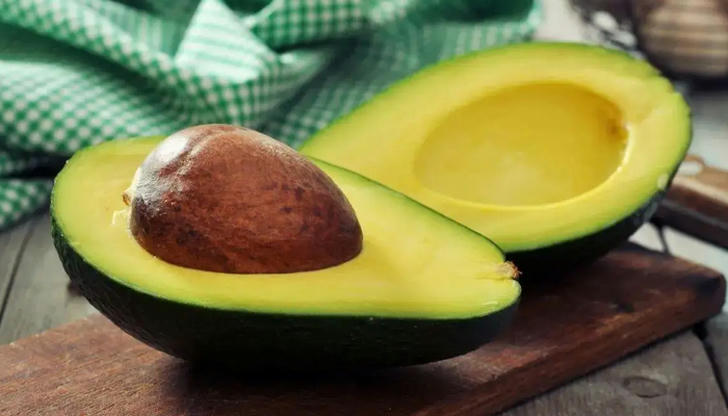
Avocados contain a chemical toxin called Persin, which is very harmful to cats. It can cause cat's gastrointestinal problems, breathing difficulties, and high fever, and it can be fatal if taken in large quantities. However, the cat food with avocado ingredients on the market is edible, because it removes harmful substances and only extracts the beneficial ingredients in avocado, so it can be eaten with confidence.
9. Bones
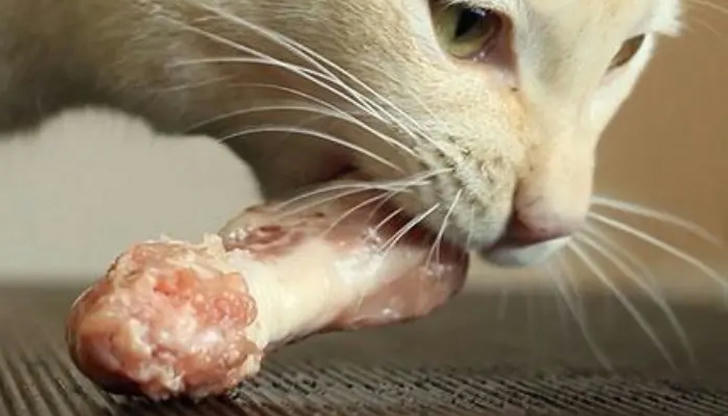
Some people think that cats can chew bones well, in fact cats don't chew food, but swallow it. There is a risk of stabbing the stomach from bones, so it is better to remove them. Moreover, fish bones contain calcium and phosphorus, and long-term consumption can cause stones in the cat's urinary system.
10. Nuts
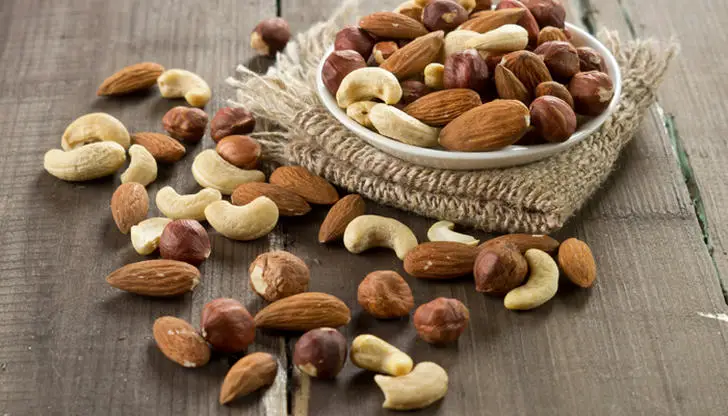
All nuts are not recommended for cats because they are rich in cyanide, which can cause poisoning in cats. And some nuts have nuclear in them, if a cat eats it, it is likely to get stuck in the throat. Once choked, the cat will suffocate and die.
11. Onions
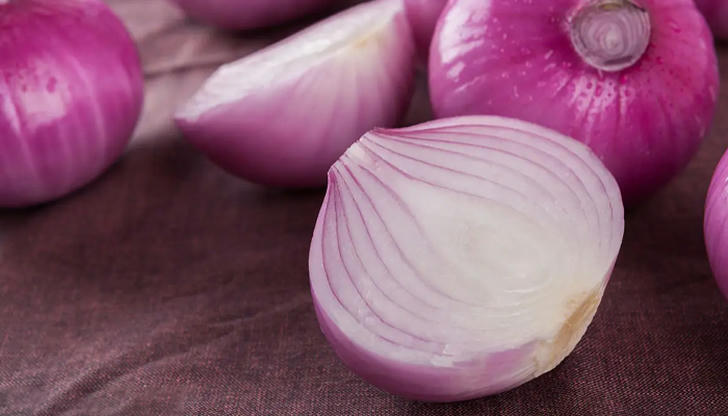
Onions come in many varieties: ground, raw, boiled, or dehydrated. All can turn a cat's red blood cells into anemia, even onion powder. Onion powder is found in many baby foods. However, a little bit will not hurt occasionally, but eating too much at one time or eating a small amount regularly can cause poisoning. Like onions, garlic and chives can be poisoned, and they can cause gastrointestinal problems.
12. Leftovers
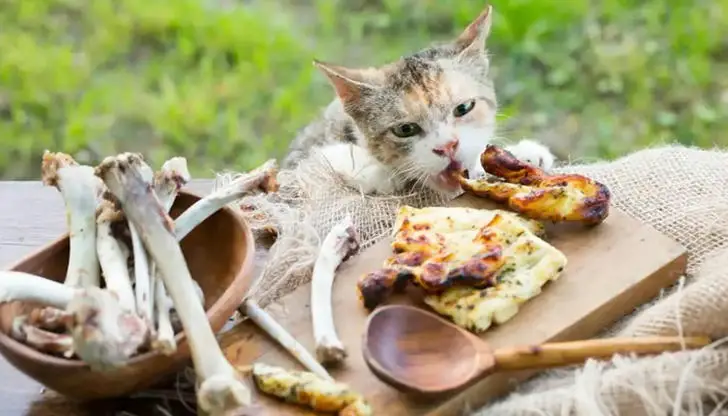
Cats are carnivores and have a high demand for protein. In the proportion of nutrients required by cats, protein accounts for 35%, fat accounts for 20%, and the remaining 45% is carbohydrates.
In humans, fat accounts for only 14%, protein accounts for 18%, and carbohydrates account for 68%. Cats will be malnourished if they eat human leftovers for a long time. It is better for cats to eat cat food. Cat food has a reasonable proportion of nutrients, which can meet the nutritional needs of cats and ensure the health of cats!



